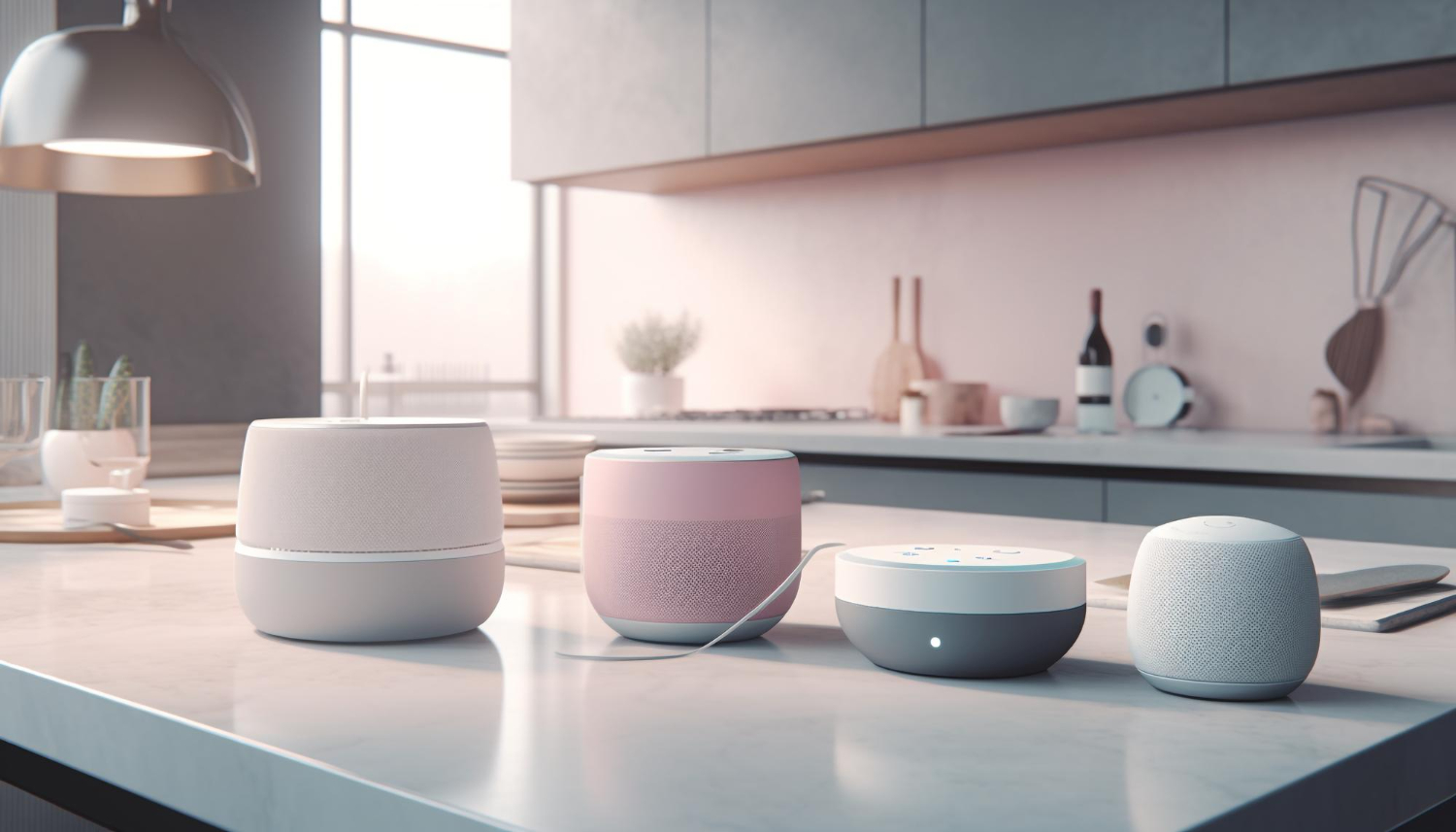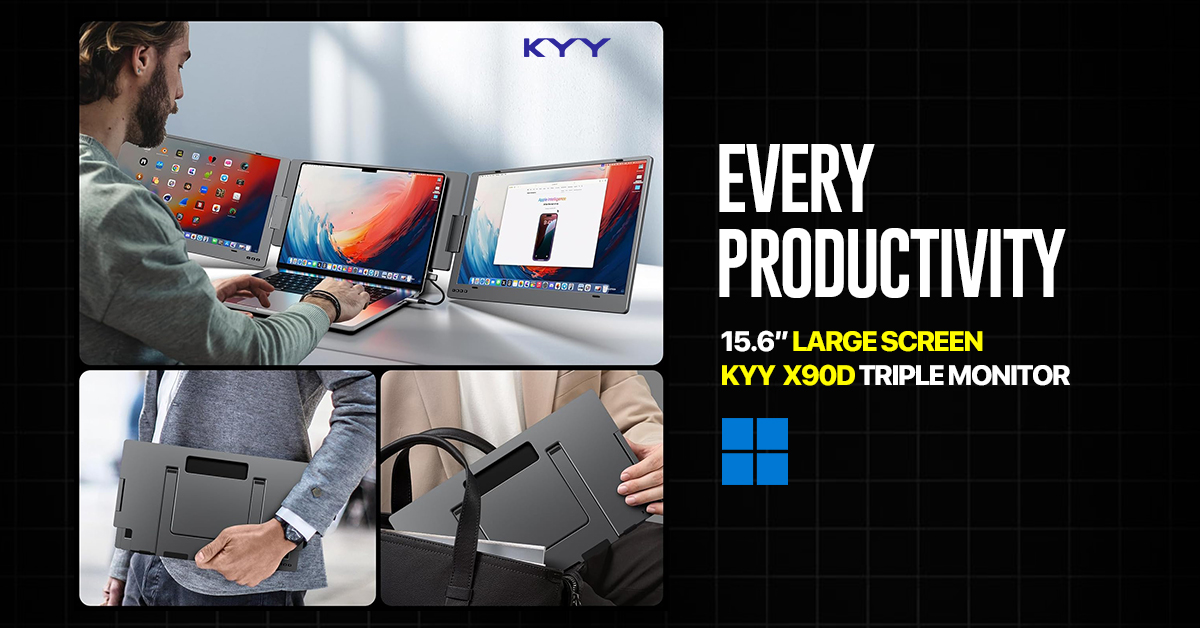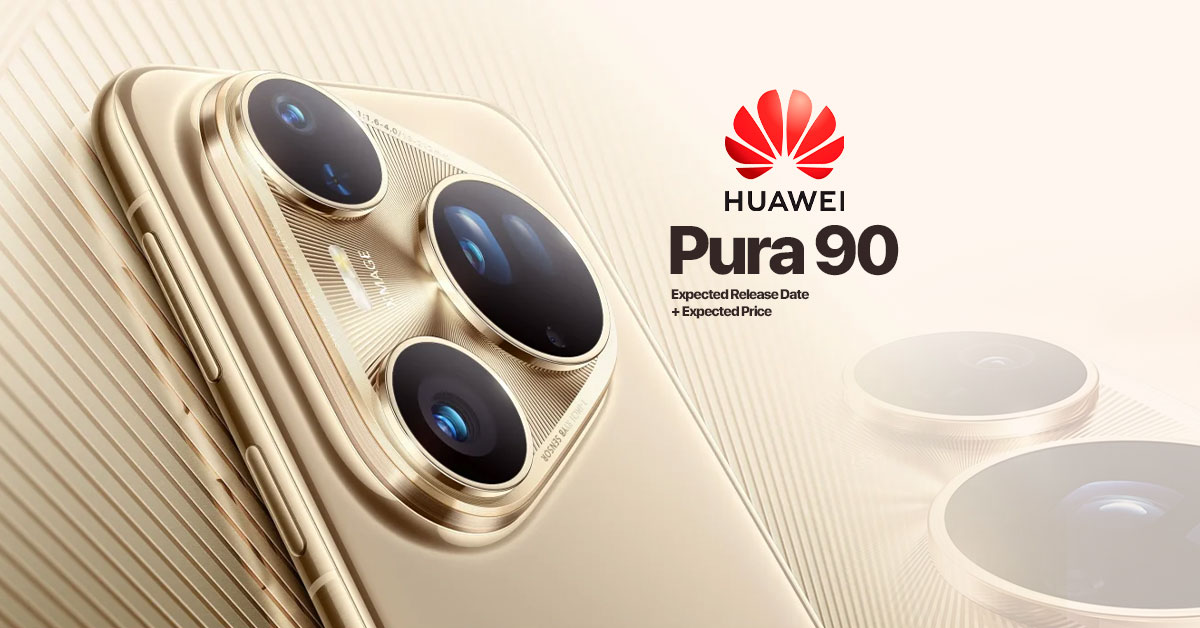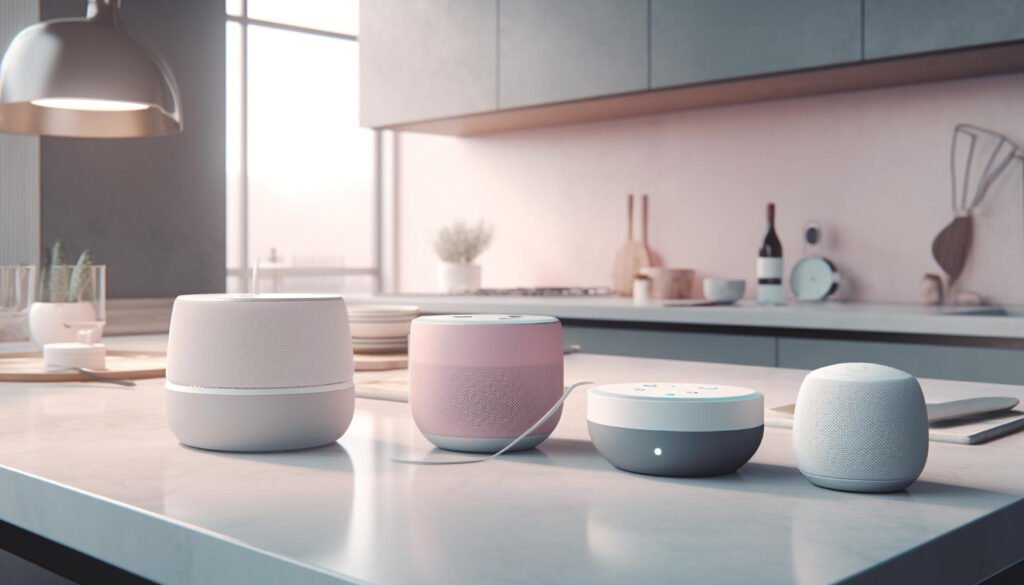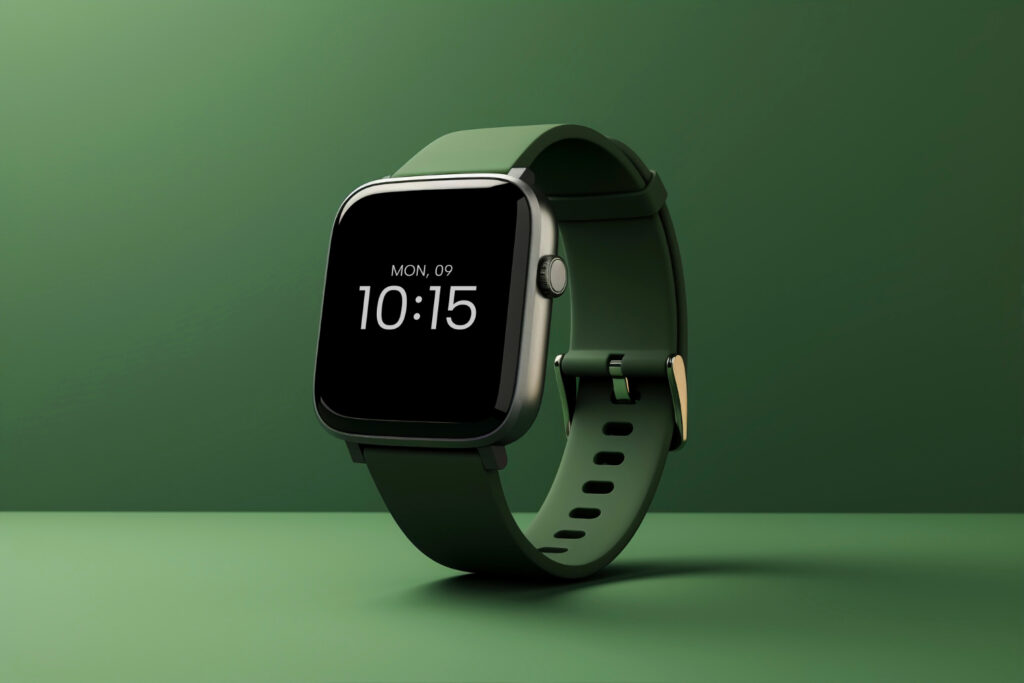Technology is evolving at an incredible pace, and our homes are transforming alongside it. Smart home devices have redefined how we live—making our spaces more connected, efficient, and secure. From voice-controlled lights to intelligent security systems, the convenience and benefits of smart living are more accessible than ever.
In this guide, we’ll explore what smart home devices are, how they work, their benefits, and the must-have gadgets you can consider to upgrade your lifestyle. Whether you’re looking to boost home security, manage energy consumption, or simply enjoy hands-free control, this comprehensive guide is your starting point to smarter living.
Table of Contents
ToggleWhat Are Smart Home Devices?
Smart home devices are electronic gadgets connected to the internet and designed to automate, control, and enhance various functions of your home. These devices often interact with each other and with users via mobile apps, voice assistants, or central hubs.
They include:
- Smart thermostats
- Smart lighting systems
- Voice assistants (like Alexa, Google Assistant)
- Smart locks and security cameras
- Smart TVs and home entertainment systems
- Smart kitchen appliances
How Do Smart Home Devices Work?
They operate using wireless protocols like Wi-Fi, Zigbee, Z-Wave, or Bluetooth. Many work with platforms such as Amazon Alexa, Google Home, or Apple HomeKit to enable voice and app-based control. You can monitor and manage your home’s systems remotely or automate them using routines and schedules.
Why Use Smart Home Devices?
Smart home devices bring a wide range of benefits that improve your daily life:
Convenience and Automation
Imagine waking up to lights gradually brightening, the kettle starting, and your favourite playlist playing—all triggered automatically. Automation simplifies your routines.
Energy Efficiency
Smart thermostats and lighting systems can significantly cut energy costs by learning your behaviour and adjusting usage accordingly.
Enhanced Security
From smart doorbells with cameras to motion sensors and alarms, smart systems help you monitor your home anytime, from anywhere.
Remote Access
Even if you’re on vacation, you can check in on your home, turn devices on/off, or adjust settings using your smartphone.
Health and Comfort
Devices like smart air purifiers, humidifiers, and sleep monitors contribute to a healthier and more comfortable living environment.
Top Categories of Smart Home Devices
Let’s break down the essential smart home devices into categories to understand how they benefit various aspects of living.
Smart Climate Control Devices
Smart thermostats like Nest or Ecobee help control your heating and cooling systems based on your preferences and behaviour patterns. These devices:
- Learn your routine to optimise comfort
- Help reduce electricity bills
- Can be controlled via voice or mobile apps
Smart air conditioners, fans, and humidifiers are also programmable and work via sensors or remote commands.
Smart Lighting Systems
Smart bulbs and switches like Philips Hue or LIFX allow you to:
- Set the mood with colour and brightness
- Schedule lights to turn on/off automatically
- Control everything remotely or with your voice
These smart home devices are energy-efficient and add aesthetic value to your space.
Smart Security Systems
Security is one of the most compelling reasons to invest in smart home devices.
Must-have smart security gadgets:
- Video doorbells (Ring, Eufy)
- Smart locks (August, Yale)
- Security cameras (Arlo, Nest Cam)
- Motion sensors and alarms
You can receive alerts, speak to visitors, or check live footage—all from your phone.
Smart Speakers and Assistants
Smart speakers like Amazon Echo or Google Nest Hub are central to a connected home. They let you:
- Control other smart home devices
- Play music, check weather, news, etc.
- Set reminders or control home routines
They’re the voice-operated hubs that make your home truly intelligent.
Smart Cleaning Devices
Robotic vacuums like Roomba or Roborock are revolutionary smart home devices for cleaning. These gadgets:
- Auto-map your house
- Avoid obstacles and clean on schedule
- Return to the dock when done or for charging
Some models even mop floors or empty their bins automatically.
Smart Kitchen Appliances
From smart fridges that track groceries to ovens that you can preheat remotely, your kitchen can benefit massively.
Key kitchen smart home devices:
- Smart coffee makers
- Smart toasters
- Voice-controlled microwaves
- Fridges with touchscreens and cameras
These not only save time but also help reduce waste and enhance convenience.
Smart Bedrooms and Sleep Tech
Smart beds, sleep trackers, and alarm lights create a sleep-friendly atmosphere. Use devices that:
- Monitor sleep patterns
- Adjust mattress firmness
- Wake you up gently with sunrise simulation
Sleep tech is a growing branch of smart home devices aiming to improve well-being.
Integration and Ecosystem Compatibility
It’s crucial to choose smart home devices that work well together. Platforms like:
- Amazon Alexa
- Google Home
- Apple HomeKit
allow you to create seamless automation. For example, saying “Goodnight” can:
- Lock all doors
- Turn off the lights
- Set the thermostat to a night mode
Smart hubs like Samsung SmartThings unify multiple devices under one interface.
AI and Learning Capabilities in Smart Devices
Many advanced smart home devices use AI to learn your patterns. Thermostats adjust based on your daily schedule, lighting adapts to your mood, and even your coffee machine can start based on your wake-up time.
Over time, this learning leads to better personalisation, reduced energy waste, and optimised performance.
Cost vs Value – Are Smart Home Devices Worth It?
While there’s an initial investment, the long-term gains in energy savings, security, comfort, and convenience make it worthwhile. Some countries even offer energy rebates for using eco-friendly smart tech.
Budget-friendly smart home devices like smart plugs or light bulbs are great starting points. Gradually upgrading ensures affordability and minimal overwhelm.
Emerging Trends in Smart Home Devices (2025)
The future of smart home devices is exciting:
- Matter protocol adoption – better cross-brand compatibility
- AI voice assistants with emotion detection
- Energy-monitoring dashboards
- Solar-powered smart devices
- Gesture control and biometric access systems
These innovations aim to make homes more intuitive, eco-friendly, and responsive.
Things to Consider Before Buying Smart Devices
Before filling your home with gadgets, consider:
- Compatibility with your existing setup
- Internet bandwidth needs
- Brand reliability and updates
- Data privacy policies
- Long-term support and warranty
Planning ensures a smarter investment and a smooth user experience.
Conclusion
The rise of smart home devices marks a turning point in how we live, interact with our space, and manage our daily lives. Whether you’re starting small or planning a full smart transformation, these devices can genuinely uplift your quality of life.
From enhancing safety to simplifying chores, smart home devices are no longer a luxury—they’re becoming a modern necessity. Embrace the convenience, control, and confidence that come with a smart lifestyle.
KYY Laptop Screen Extender 15.6 Review: Is It Worth It?
What is a Reasoning Model? AI Explained for 2026
Windows 11 26H1 Update: New Features & Changes Explained
Taylor Swift Documentary on Disney+
Huawei Pura 90 Series: Specs, Features, Price & Launch Details in 2026
OpenAI O3 Models in 2026: Advanced AI for Reasoning, Coding & Enterprise Solutions
Share

